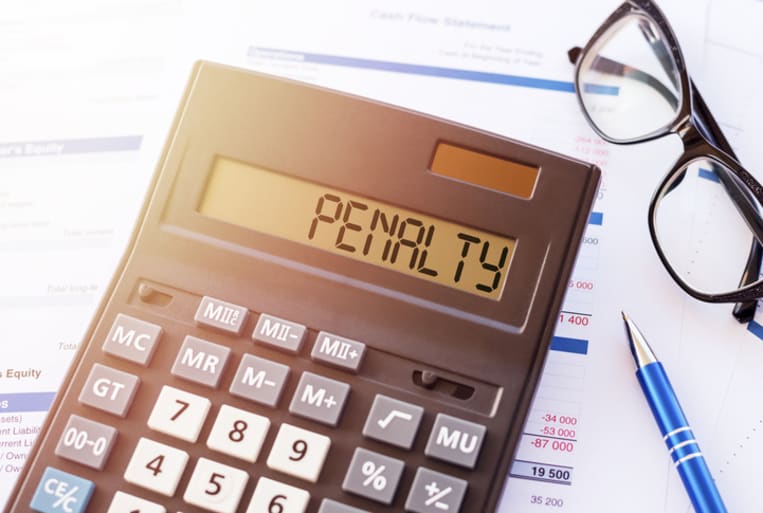
BBB Business Tip: How to set and enforce late payment penalties

(Getty Images)
Late payment penalties are an excellent way for small business owners to encourage their clients to pay on time. They can also give business owners extra leverage when a client doesn’t pay up. BBB recommends the following tips to set your fees, communicate them to your clients, and enforce them when necessary.
How to charge late payment fees
- Research your state’s laws on late fees. The first step is a critical one: find out what the maximum monthly interest rates or fees your state allows you to charge. This number might depend on the amount your client owes. To get the specifics, visit your state’s official government website.
- Design a reasonable late fee. Base your late fees on actual losses you will incur because of a late payment. Then think about what method you’ll use to charge the fees. Many businesses charge an interest on unpaid balances. This is generally a monthly, percentage-based late fee that compounds over time, and it usually falls somewhere between 1-2 percent. Other businesses charge a flat amount for unpaid invoices, either a small percentage of the total amount due, or a set fee.
- Set payment deadlines. You’ll also need to determine when you will consider an invoice overdue. Many businesses ask for invoices to be paid within 30 days, but you can set the payment period as you see fit.
- Put late fee details in your contract. Next, lay out all the details about when payment is due and what happens if the payment isn’t received on time in your business contract. Explain in clear terms how much you will charge for late payment each month or quarter, whether you will suspend services, and if you will pursue collections in the case of non-payment.
- Include your late policy on your invoice. In the payment section of your invoices, include a simplified version of your payment terms and late payment policy. Note when payment is due and how much will be charged on late invoices.
- Consider alternatives to late fees. There are many other tactics you can use to ensure on-time payment from your clients. Think about offering a small discount for early or upfront payments, always give your clients an estimate before you begin work, and make convenient payment options available, such as online payment portals. You can find more tips on avoiding unpaid invoices in this BBB article.
- Know when to enforce late payment fees. While it’s good to be consistent about enforcing your payment policies, it’s important to be reasonable. Find out the reason a customer’s payment was late. Were they confused about when payment was due? Are they dealing with a personal tragedy? In cases like these, it may be best for your business reputation to forgive a late payment or perhaps work out a payment plan with the client in question.
For more information
Read the BBB Business Tip about collecting unpaid invoices for more useful advice. If you’ve established late fees and your client still hasn’t paid, review the small business owner’s guide to collecting unpaid debts.
For more tips on how to build a thriving small business, visit BBB's biz HQ.
See BBB's Accreditation Standards, and learn how to become a BBB Accredited Business.
Still Need Assistance?
Contact Your Local BBB
Your local Better Business Bureau can assist you with finding businesses you can trust. Start With Trust®.
Additional Resources
Central Ohio BBB Business Podcast